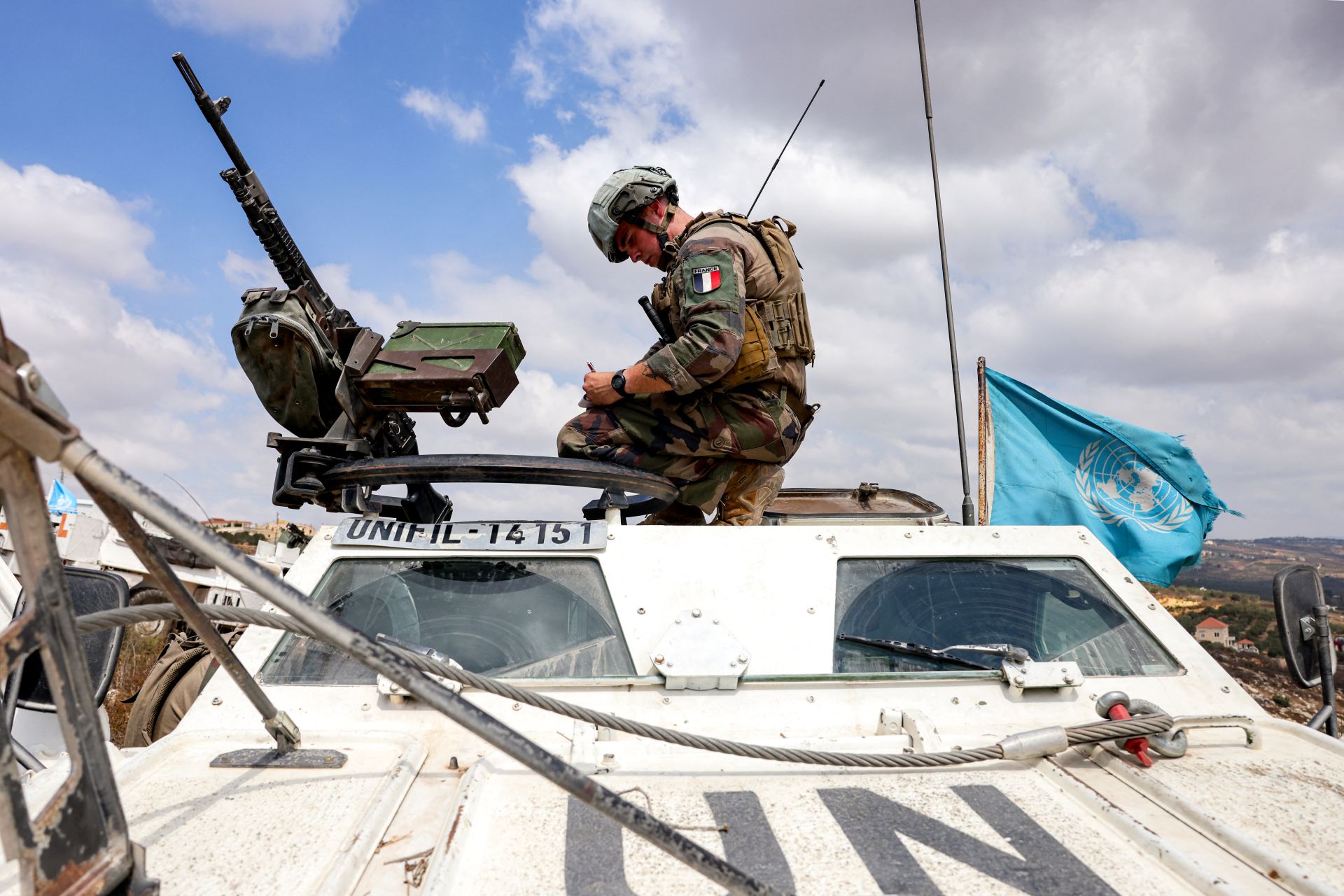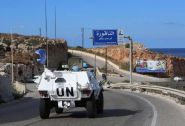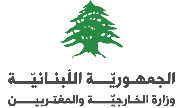
The United Nations Security Council has voted unanimously to extend the mandate of the UN Interim Force in Lebanon (UNIFIL) until December 31, 2026, setting in motion a final withdrawal of the peacekeeping force by the end of 2027.
For the first time, the resolution introduces a clear timetable for winding down UNIFIL’s presence.
France had pushed for a routine one-year renewal with only a broad mention of UNIFIL’s eventual withdrawal. However, under pressure from Washington and the prospect of a US veto, Paris accepted a defined timeline. Following multiple amendments and a delayed vote, the adopted resolution spells it out clearly: the mission will conclude in a little more than 16 months.
A New Phase for Lebanon’s South
President Joseph Aoun welcomed the decision, calling the next 16 months “a critical window to consolidate stability” before the peacekeepers’ departure.
Prime Minister Nawaf Salam echoed the sentiment and described it as “a decisive opportunity for Lebanon to demonstrate its capacity to defend its sovereignty.”
Parliament Speaker Nabih Berri also thanked the Council, while linking the renewal to broader demands: an international consensus to halt what he described as Israel’s “continuous attacks.”
The resolution underscores the principle of exclusive state authority over arms, including those of Hezbollah, a point that resonates with ongoing efforts to dismantle Palestinian armed positions in refugee camps.
Ceasefire and Regional Tensions
The Council also welcomed the ceasefire agreement signed between Lebanon and Israel in November 2024, while voicing “grave concern” over continued violations. The text calls on Israel to withdraw from occupied areas and dismantle buffer zones, while urging Lebanon to reinforce its troop presence south of the Litani River.
UNIFIL, during the transition, will retain limited responsibilities - restricted to force protection, logistical support, and liaison channels with the Israeli army aimed at preventing escalation. The Security Council also tasked the UN Secretary-General with presenting, by mid-2026, a proposal for “post-UNIFIL arrangements,” possibly involving monitoring missions or technical assistance in place of a large peacekeeping deployment.
The text also urges the international community to intensify its support for the LAF and includes language—based on a request by Algeria—calling for economic assistance to Lebanon to help facilitate reconstruction.
Divisions Among International Powers
The resolution drew broad support but revealed underlying tensions among major powers. Acting US Ambassador Dorothy Shea described the vote as “historic,” stressing that this would be “the last time Washington supports the renewal of UNIFIL’s mandate.”
“We commend the Lebanese Armed Forces’ (LAF) deployment progress since the Cessation of Hostilities went into effect, and we will continue to work with the LAF to expand its capabilities as Lebanon carries out its critical work in disarming Hezbollah.
We support the Government of Lebanon’s efforts to assume security responsibilities throughout the country.
We urge the international community to use the coming year to bolster the Lebanese Armed Forces as we work toward this shared objective. We must use this time to set Lebanon up for success.
We also recognize Israel’s legitimate security needs and interests, including the need to defend itself from Hezbollah,” said the US representative.
She urged the international community to use the transition period to bolster the Lebanese Armed Forces, warning that “the time has come for Lebanon to take full responsibility for its borders.”
France, which drafted the resolution, framed it as both a gesture of confidence in Lebanon and a reminder of international obligations.
“France therefore welcomes the extension of UNIFIL’s mandate until December 31, 2026. This precious time will be necessary to support the build-up of the Lebanese Armed Forces and establish the Lebanese state’s authority throughout its territory, while the situation remains precarious,” said Jay Dharmadhikari, Deputy Permanent Representative of France to the Security Council.
President Emmanuel Macron hailed the text as an opportunity to “strengthen Lebanese sovereignty” and reiterated his call for Israel to withdraw from all occupied Lebanese positions. He also confirmed that his envoy, Jean-Yves Le Drian, would continue to engage with Lebanese leaders to ensure the smooth implementation of the plan.
China, by contrast, expressed regret that the extension was limited to two years, hinting at US pressure behind the timetable. Russia abstained from criticism but emphasized the importance of a “responsible and carefully managed transition.”
A Mission Nearing Its End
Created in 1978 in response to Israel’s first invasion of southern Lebanon, UNIFIL has undergone numerous mandate renewals and expansions, most notably after the 2006 war between Israel and Hezbollah. Over decades, its presence, currently around 10,000 troops, has been both praised for preventing large-scale hostilities and criticized for failing to stop repeated violations of the Blue Line.
Both the United States and Israel have, in the past, expressed significant criticism of UNIFIL, citing its ineffectiveness in addressing Hezbollah's military activities and its failure to maintain peace along the Israeli-Lebanese border.
With the 2027 withdrawal now set, the mission’s legacy will depend largely on how Lebanon and its partners navigate the transition. The Lebanese army, strained by the country’s economic collapse, faces the daunting task of asserting control in a region where Hezbollah remains heavily armed and entrenched. At the same time, the gradual dismantling of Palestinian military structures in the camps represents an unprecedented, albeit fragile, step toward reasserting state sovereignty.
As UNIFIL prepares to leave, the Security Council’s message is clear: the responsibility for Lebanon’s security is shifting firmly back to Beirut.



Comments